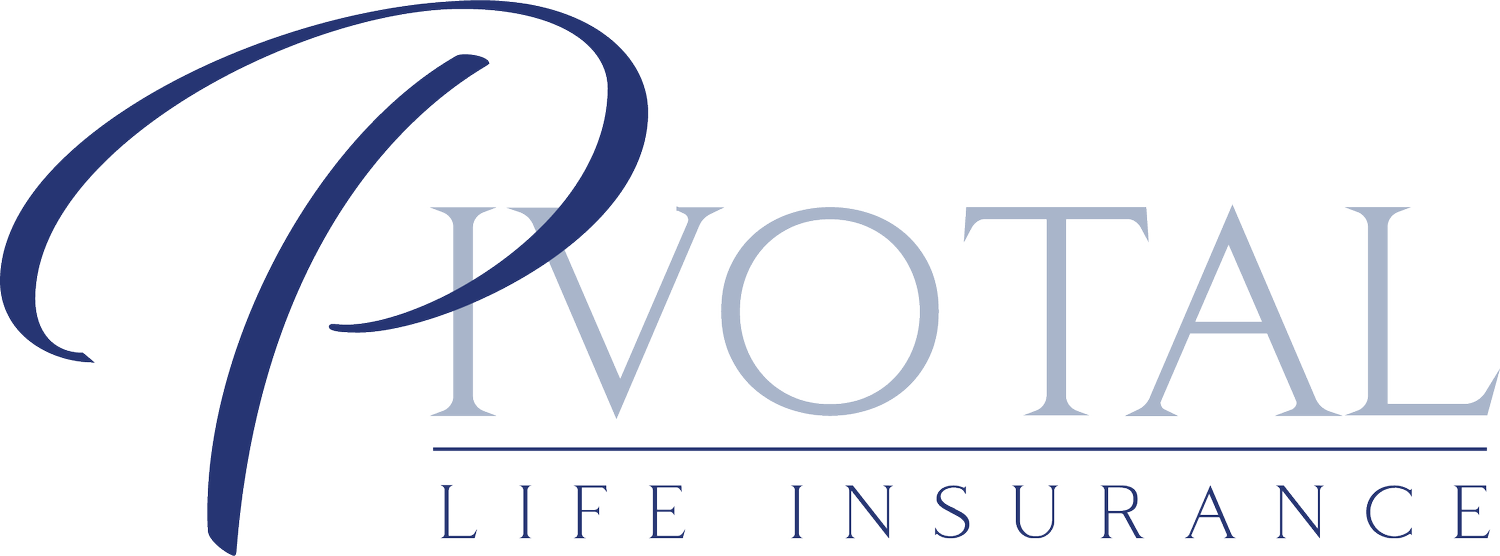
What you need to know about Life Insurance.
It’s not one-size-fits-all. Get customized protection for individuals and families.
What is Life Insurance?
Life Insurance is a lump sum payment made by the insurance carrier to a named beneficiary when the insured passes away. Its primary purpose is to provide continued financial support to the loved ones of the deceased. The “Insured” or “Payor” pays a periodic premium in exchange for a specified “Face Amount” of death benefit that pays the “Beneficiaries” chosen by the policy owner.
Life insurance provides protection from financial hardships caused by loss of life. It's an investment that ensures your family is protected from financial burden in the unfortunate event that results in a loss of household income.
That depends. Life insurance is typically used to protect families that are reliant on an individual’s source of income, and for businesses that rely heavily on the strengths of the individual partners or key employees.
Although not everyone has these types of financial needs, that doesn’t mean that everyone can’t benefit from owning Life Insurance. Premiums paid into certain types of Universal and Whole Life policies are indexed and grow in value with the market while providing the protection of a death benefit.
Life Insurance provides your family with security without the need to change lifestyles and liquidate assets once you pass. It can be used as a secure investment that includes a death benefit for family protection. It's often referred to as the easiest asset to liquidate, done so by submitting a claim to the insurer with a death certificate to receive a nearly immediate payout.
Do I need Life Insurance?
What is the best Insurance for me?
There are several types of Life Insurance offered by many different carriers. Unfortunately, not all Life Insurance is created equally, and there are many factors that can determine the value of a Life Insurance policy. It can be quite overwhelming sifting through each type of Life Insurance product offered by hundreds of carriers.
How do you know whether you’re getting the best plan for your needs now, and in the future, to best protect your family? How do you know that the premiums are competitive?
The most common differences in types of policies are the amount of benefit offered, the premium payment and the length of the policy, and whether the policy is permanent or temporary.
Each type of policy has provides variable amounts of death benefit and level or variable premiums. Your health state at the time of the application is used to determine the carrier’s risk, and ultimately the amount of premium required in exchange for the death benefit.
In order to determine your best option, talk to a Pivotal Advisor about your goals and budget.
-
Term Life Insurance provides financial protection for a temporary period of time, or a "term". The premiums are paid for the entire term (up to 30 years) but are not always guaranteed.
-
Ordinary or Traditional Whole Life Insurance provides coverage over the entire lifetime of the insured.
-
Universal life, also referred to as adjustable or variable life, include investment features designed to increase the cash value of a policy. Although they have flexibility, they are not permanent.
-
Final Expense or Burial Insurance is a type of Whole Life Insurance that is designed to offset the funeral costs and provide legacy gifts for your loved ones when you pass.






